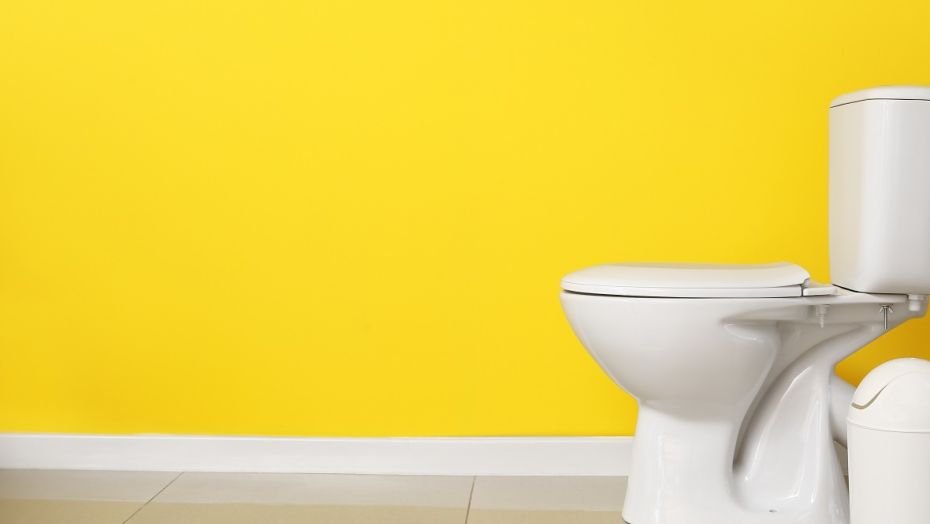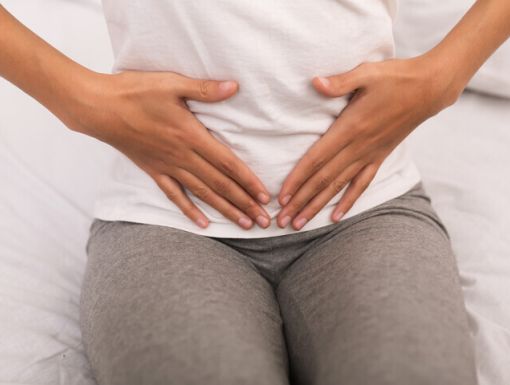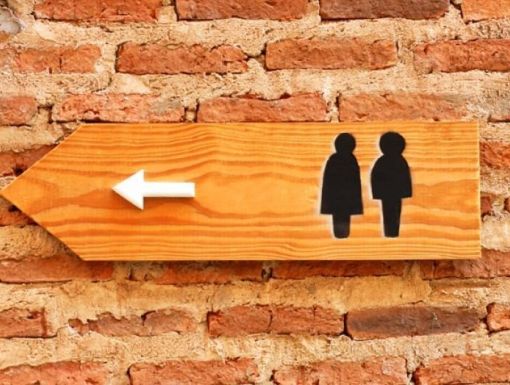
Top Reasons Why Caffeine Can Make You Pee More
As a urologist, I frequently encounter patients struggling with urinary issues. One of the most common complaints is the frequent need to visit the restroom because of a strong and often urgent urge to urinate. This issue can disrupt daily life, affecting sleep quality and overall well-being. While infections, such as urinary tract infections, can cause these symptoms, caffeine intake is often overlooked but can be a common cause.
Caffeine is consumed in various forms, including coffee, tea, energy drinks, chocolate, and even certain medications. Many people may not realize their daily caffeine intake. Understanding its effects on the urinary system is important for those with these symptoms.
How does caffeine affect the urinary system?
Caffeine can increase bladder activity, causing increased trips to the bathroom, bladder irritation and dehydration.
Increased trips to the bathroom to urinate
Caffeine can make your kidneys produce more urine, leading to more frequent trips to the bathroom. While this might seem minor, it can worsen bladder issues, especially if you don't drink enough water.
For people with an overactive bladder, caffeine can cause more issues. People with an overactive bladder experience sudden, intense urges to urinate, which can affect daily life. It can cause anxiety about finding a restroom and interrupt personal and work activities.
Increased caffeine consumption can worsen these symptoms by making the bladder more active and increasing urine production, making an overactive bladder harder to manage.
Bladder irritation
Caffeine is also a recognized bladder irritant. A bladder irritant is any substance that can irritate the bladder lining. It can cause the bladder muscles to tighten more frequently, even when not full, leading to increased urgency and accidental urine leakage. This effect can be hard for people already managing bladder conditions such as overactive bladder or interstitial cystitis, a condition causing bladder and pelvic pain.
The irritation from caffeine can lead to more frequent flare-ups, increasing discomfort and pain. Interstitial cystitis is often misunderstood and misdiagnosed, making it important for people experiencing these symptoms to seek care from a urinary specialist.
Dehydration
Even though caffeine makes you pee more, it can also cause dehydration if you don’t drink enough water. Dehydration makes your urine more concentrated, irritating the bladder lining and worsening infections and interstitial cystitis.
If you drink less water, thinking it will help with frequent urination, it makes your symptoms worse, causing more discomfort.
Water is important for bladder health, and staying hydrated is essential. Drinking enough water helps dilute your urine, reduce symptoms and promote overall bladder health.
What long-term effects can caffeine consumption have on the bladder?
Long-term consumption of caffeine, mainly in large amounts, can lead to ongoing bladder issues. Constant irritation and recurring urination may progress to the loss of bladder control. People with bladder problems often find their symptoms worsen with regular caffeine intake.
Also, excessive caffeine intake can lead to kidney stones, hard objects made from minerals and salts in the urine. When the body is dehydrated, urine becomes more concentrated, creating an environment where minerals can thicken into stones.
How can I manage my caffeine consumption?
For people experiencing bladder issues, reducing or eliminating caffeine from the diet can improve symptoms. It is essential to allow several weeks to notice any changes. Here are four tips for managing caffeine intake:
- Switch to decaf: Choose decaffeinated versions of coffee and tea to enjoy the taste without the negative effects on the bladder.
- Read labels: Caffeine is a sneaky ingredient, present in many products, including soft drinks, energy drinks, sweets, tea and even some medications. To make informed choices about your caffeine intake, read labels.
- Reduction: Avoid sudden caffeine elimination to prevent withdrawal symptoms. Slowly reducing your intake can minimize these effects.
- Hydrate: One of the best ways to offset caffeine’s diuretic effects is to ensure adequate water intake. This can help prevent concentrated urine and support better bladder health.
By taking these steps, people can manage their caffeine consumption more effectively and support better bladder health.
While caffeine is a part of many people's daily routines, it's important to recognize its possible impact on bladder health. Understanding and managing caffeine consumption can significantly improve urinary symptoms.
The first step in managing bladder health is recognizing how caffeine affects it. Symptoms such as increased urgency and frequent bathroom use can often be linked to caffeine intake.
To ease these symptoms, slowly reducing caffeine intake is essential. Practical strategies include switching to decaffeinated beverages and carefully reading product labels to identify hidden sources of caffeine.
If you continue to experience ongoing bladder issues despite reducing caffeine, consult with a urologist or urogynecologist. These specialists can help develop a treatment plan tailored to your needs.
Learn more about Omotola Ashorobi, MD, and schedule an appointment.



